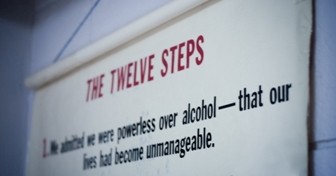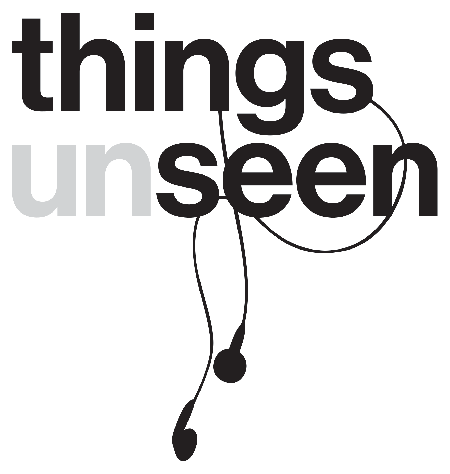Addiction and Faith: the 12-step programme
The 12 steps which form the backbone of Alcoholics Anonymous and many other self-help groups for addicts were first devised in America in the 1930s – and whilst they only mention alcohol once, God features four times, along with references to a higher power and spiritual awakening.
So what does that mean in a society where only around one-third of us say they believe in God? Can the 12 steps work without a religious faith, and if so, how? And on the other hand, if a higher power is so central to recovery from alcoholism, why are there so many Christians with addiction problems?
Ruth Gledhill welcomes three guests to discuss the issues thrown up by the spiritual dimension of the 12 steps:
Fr John, a Catholic priest who is an alcoholic in recovery and leads retreats for people who attend Alcoholics Anomymous;
Gary Smith, an atheist and former university lecturer who lost his job because of his alcoholism and has been in recovery for three years;
and Wendy Dossett, a senior lecturer in Religious Studies at the University of Chester who is working on the Higher Power project, which examines how people understand the concept of the “higher power” in the 12 steps. More can be found out about the Higher Power Project by clicking the following link.
This programme is part of our Mental Health Season.
Fr John and Gary Smith, both members of AA, have chosen to appear under different names to safeguard their anonymity.
If you are in Britain and need help with a drinking problem, you can phone the national helpline of Alcoholics Anonymous on 0845 769 7555. Or visit their website by clicking the following link.
Image courtesy of Rachel K via flickr.com ©©



Latest comments
Leave a comment
I just noticed how the “spiritual, not religious program” of NA was not mentioned.” Anyone may join us regardless of age, race, sexual identity, creed, religion or lack of religion. I believe that each individual is free to share about their understanding of a higher power but we should not sit in judgement of people who are atheists, agnostics or just have a different understanding to ours. It says in Matthew 7:1 “Judge not, that ye not be judged”. Yes, I as an individual have morals and values based in religion, but it is the program that has brought me peace with a higher power that I can communicate with and receive a message that I understand.
Stephen B
AA co-founder Bill Wilson said AA should always be inclusive, never exclusive. The Big Book referred to in the podcast says: ‘With few exceptions our members find they have tapped an unsuspected inner resource which they presently identify as their own conception of a Power greater than themselves. Most of us think this awareness of a Power greater than ourselves is the essence of spiritual experience. Our more religious member call it God-consciousness.’ Room in that continuum for anyone who is willing, honest and open-minded – from atheist to believer.
Laurie A